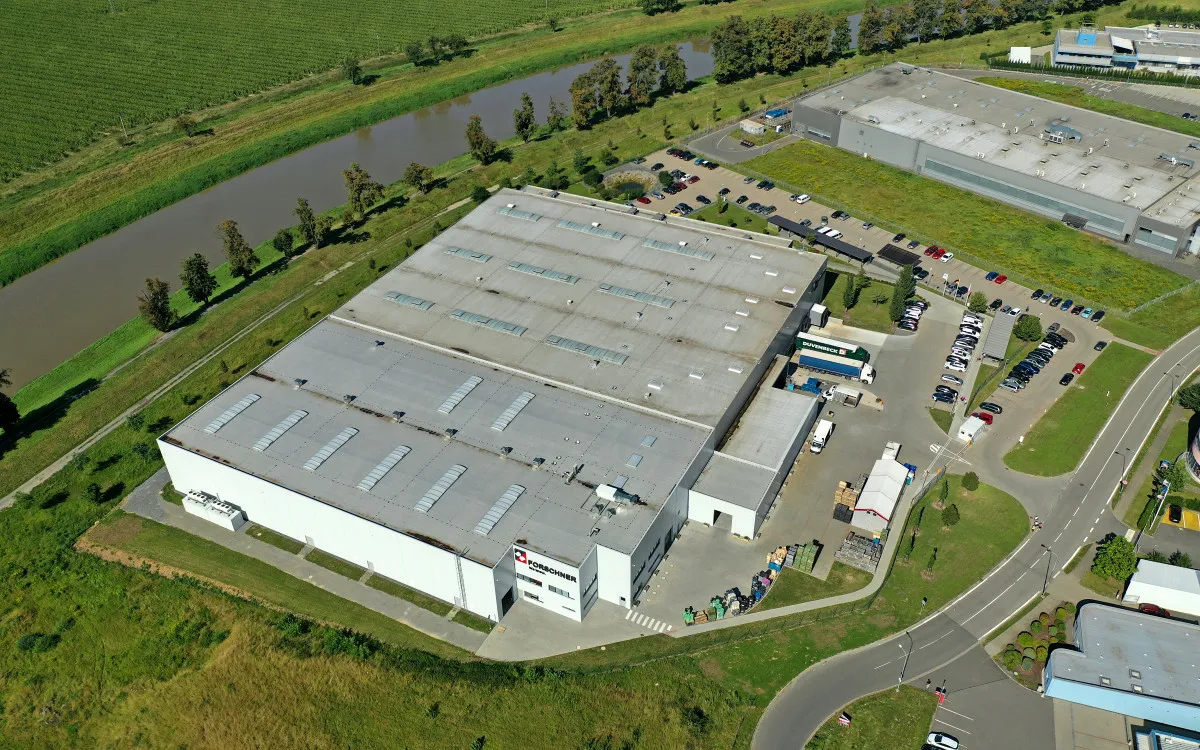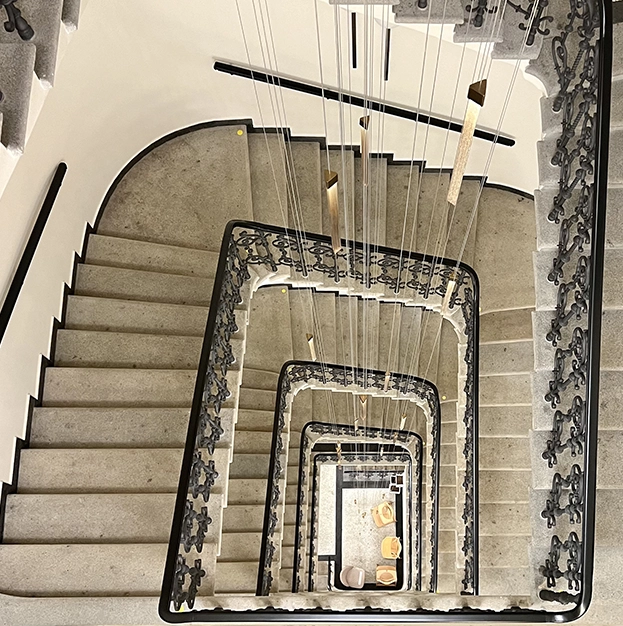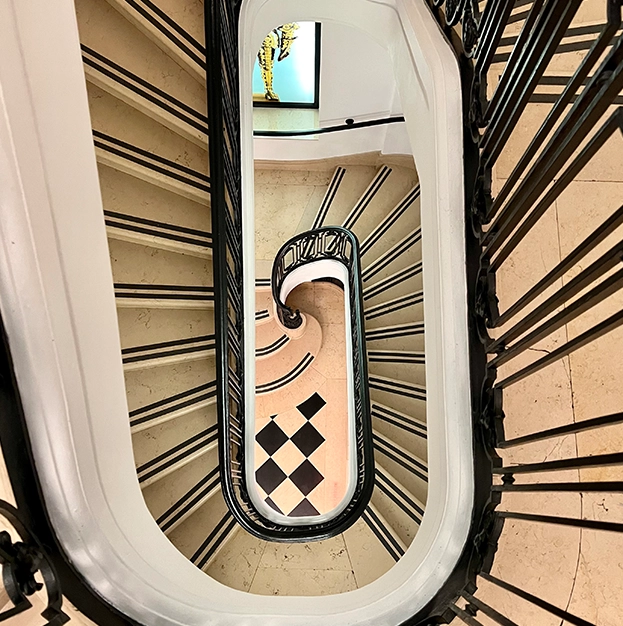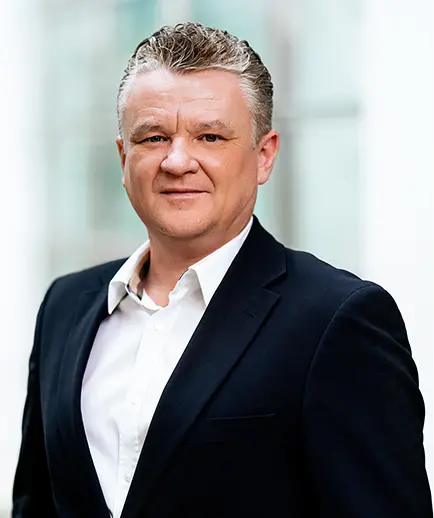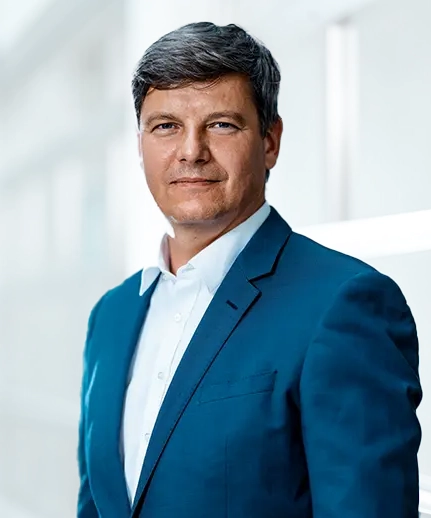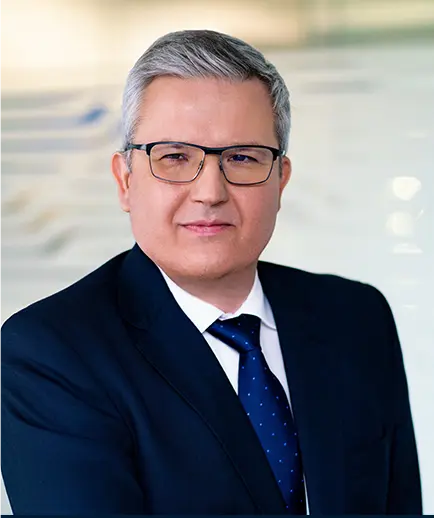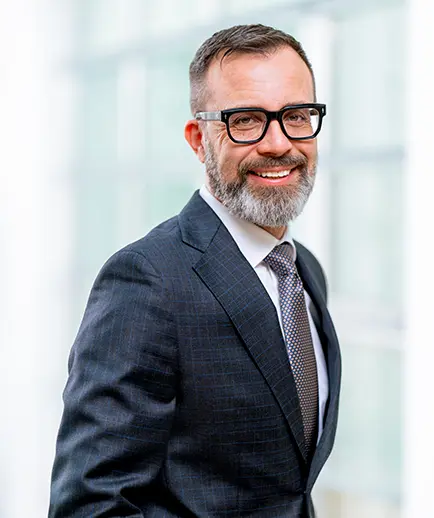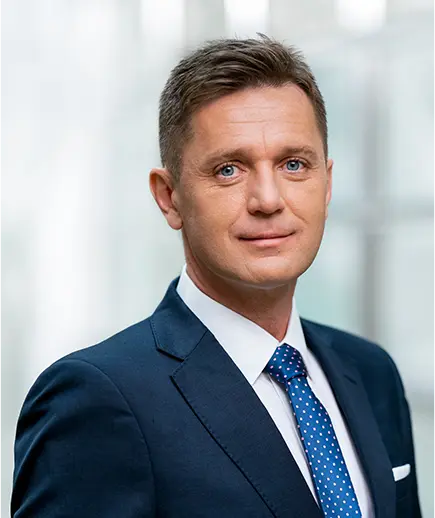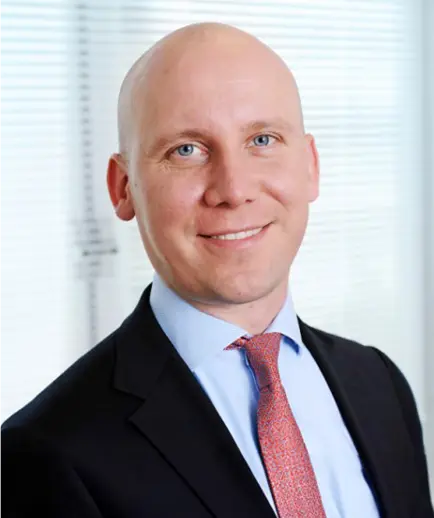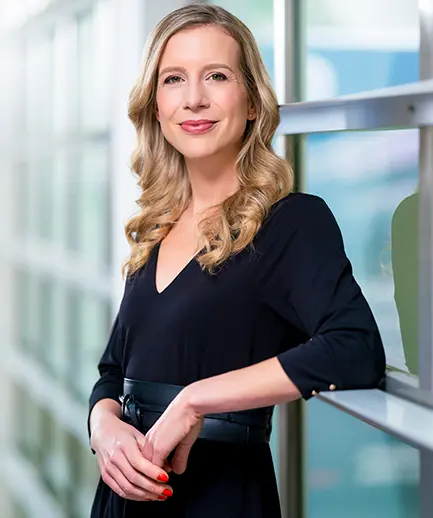The real estate market has felt the first effects of the global pandemic. Yet not all segments are seeing the same changes – hotels and retail premises have been hit hardest, while industrial and logistics buildings have been spared the worst. How quickly everything returns to the normal situation from the beginning of the year will depend on the easing of restrictions domestically and abroad, and also on the ownership structure of the relevant real estate. Logistics buildings are seeing an increase in e-commerce and the owners of industrial real estate may move some production back to Europe from Asia as a new medium-term strategy. This is the conclusion of an expert on-line conference on the current real estate market jointly held in the first half of May by the investment and real estate group ARETE and the real estate consultants JLL.
“Investments have obviously slowed due to the coronavirus – when people cannot meet, transactions are suspended. However, we expect this direct impact to be reversed within the next six months at most. Compared to real estate investment horizons, this is actually a very short time,” says Hana Kollmannová, director of capital funds at the JLL real estate consultants. “Keep in mind that certain countries are still seeing a lot of transactions. In Germany, for example, pension funds have purchased real estate at prices higher than those six months ago,” says Robert Ides, co-founder of the ARETE investment and real estate group.
The rates of return from real estate have remained at the same level, except for retail buildings and hotels – these two segments have been hit hardest by the pandemic. We are not seeing such drastic impacts in other segments. The general problem on the Czech market is a lack of industrial real estate suitable for investment. “We expect investors to focus on long-term leasing of real estate to solvent tenants. We believe that the industrial real estate segment will return to normal first, including the volume of transactions, while hotels will probably be last,” says Hana Kollmannová from JLL.
Compared to 2018, last year we saw a lot of interest from Czech investors in offices and hotels, but less in industrial real estate. This could change significantly. We are now witnessing a trend of leasing industrial real estate to e-commerce companies. The immediate demand for warehousing and distribution centres is strong. “We can expect the manufacturing segment to follow the same path over the long term – companies will be considering a strategic move from Asia to Europe over the medium- and long-term to reduce and stabilize their distribution networks. The current situation has clearly shown that a number of companies have suspended production because of a lack of parts and components produced outside the European Union, not due to the restrictions,” explains Robert Ides from ARETE.
Generally speaking, we assume that the value of industrial real estate will rise, in particular in the Czech Republic. The value of industrial real estate in Europe has grown between 12% and 31% in the last five years. Central Europe has seen the least growth – only 15% in the Czech Republic. “Global demand is continuously increasing and will continue to do so in the future because of the growth of the global population. Consumer behaviour cannot be changed at will – goods must be produced and stored somewhere. The coronavirus has just shifted consumption over time,” explains Robert Ides from ARETE.
The average rent for industrial real estate in the Czech Republic stabilized at EUR 4.75 per m2 per month at the end of the last year. “Currently, at the end of Q1 2020, the industrial real estate vacancy rate has risen slightly from 4.1% to 5.3%, but this is still far from the levels seen between 2008 and 2011. We think this is a mere fluctuation. If the restrictions are successfully eased, we expect a decrease in the vacancy rate due to the low level of speculative construction,” adds Hana Kollmannová from JLL.
The ownership structure of the real estate and owner behaviour will probably be the key factors. There is a big difference between the current crisis and the one from 2008. Back then, German funds represented a large part of real estate. However, Czech capital has gained a larger share over the years. “We can clearly see the influence of market demand in exchange-traded funds. Investors may quickly close their positions and force the funds to sell a part of their portfolio. This could introduce interesting opportunities for profitable transactions to the market. Non-publicly traded funds are not exposed to the effects of financial markets – the only thing that matters is the independent valuation of assets. So far we have not seen any differences in valuation, nothing has changed. The new valuation will become clear after transactions have been affected,” says Robert Ides from ARETE. The change in the banking sector policy has definitely been important. “The ratio of bank financing to fund asset value will play an important role. Less indebtedness is currently a major advantage,” says Robert Ides from Arete.

